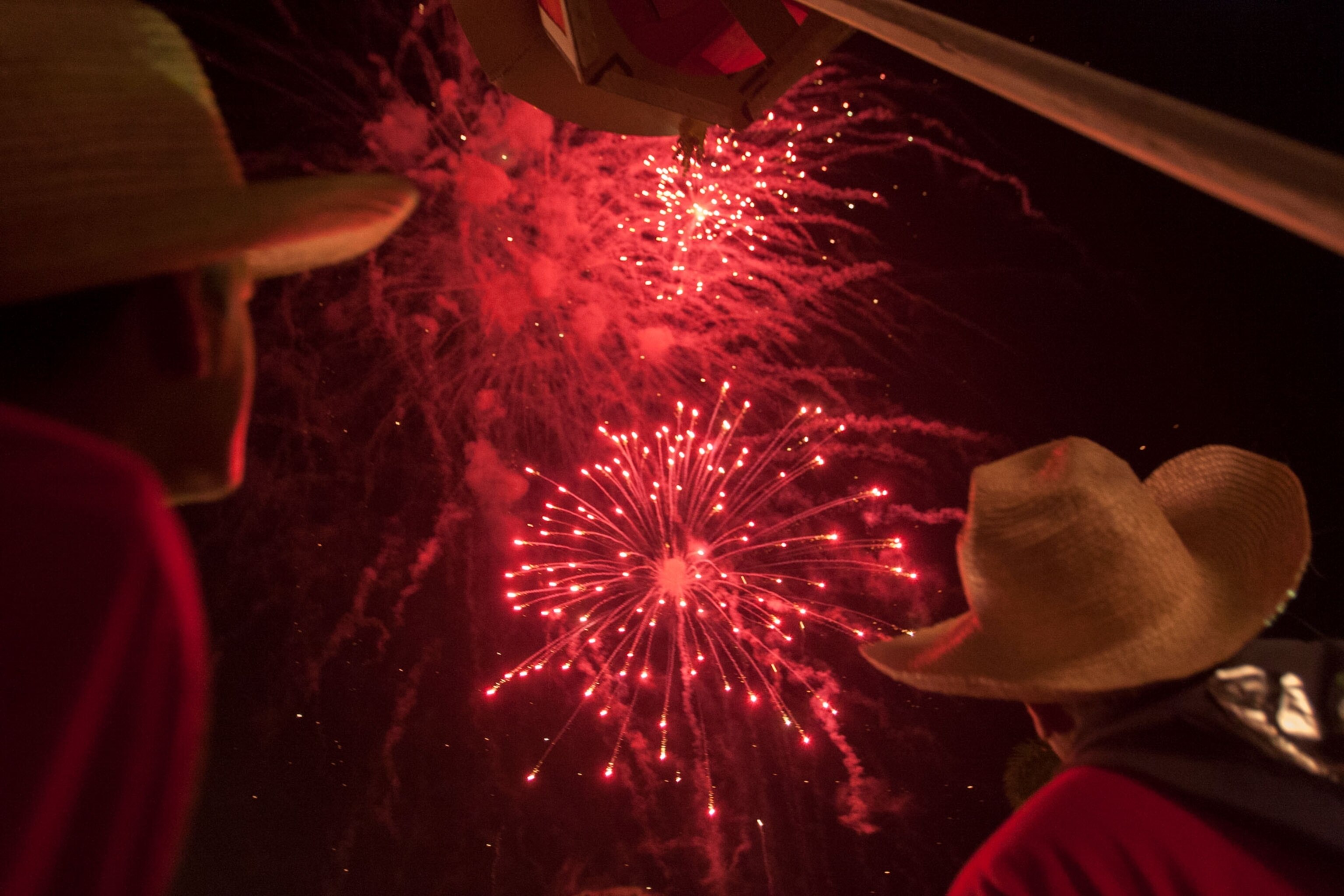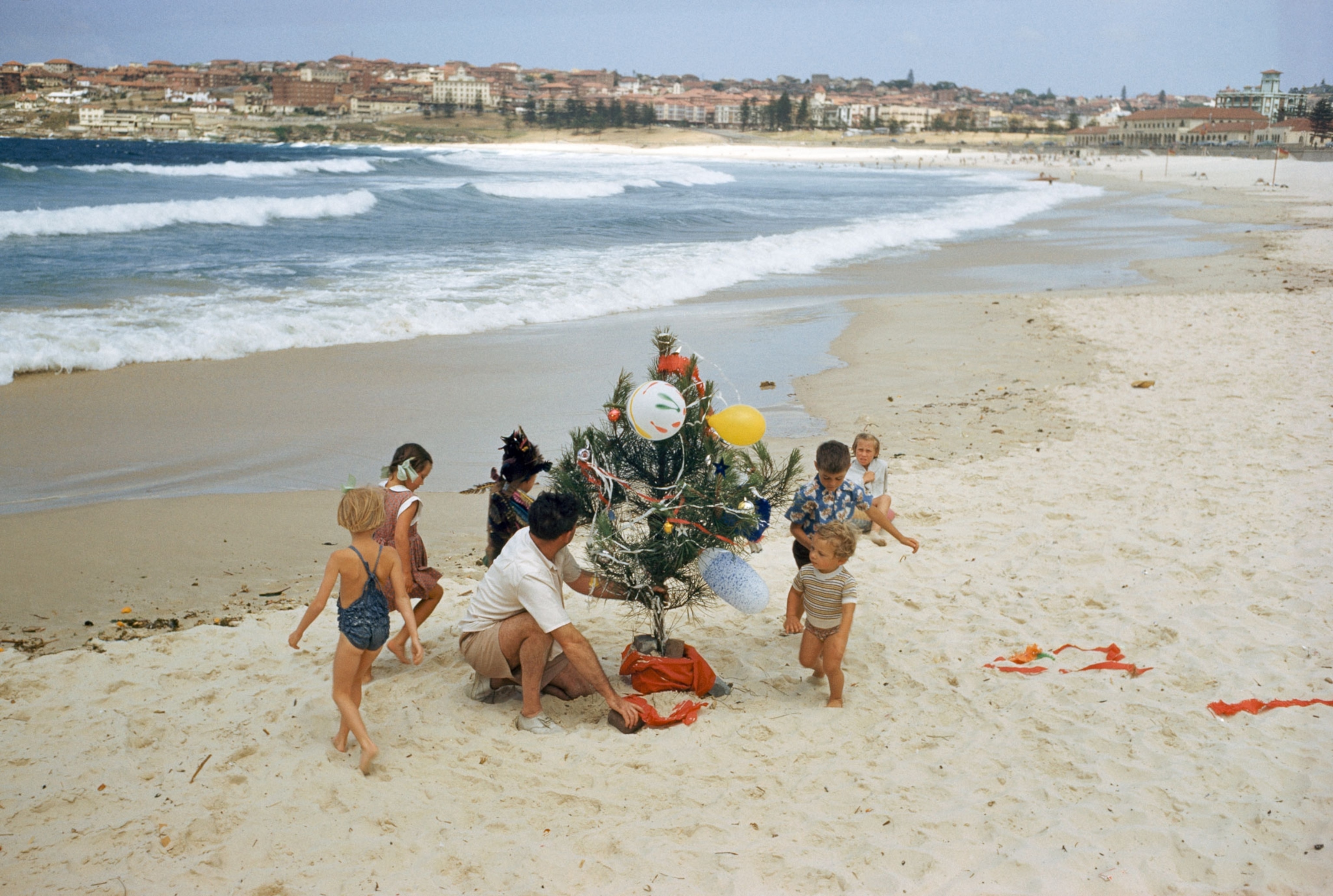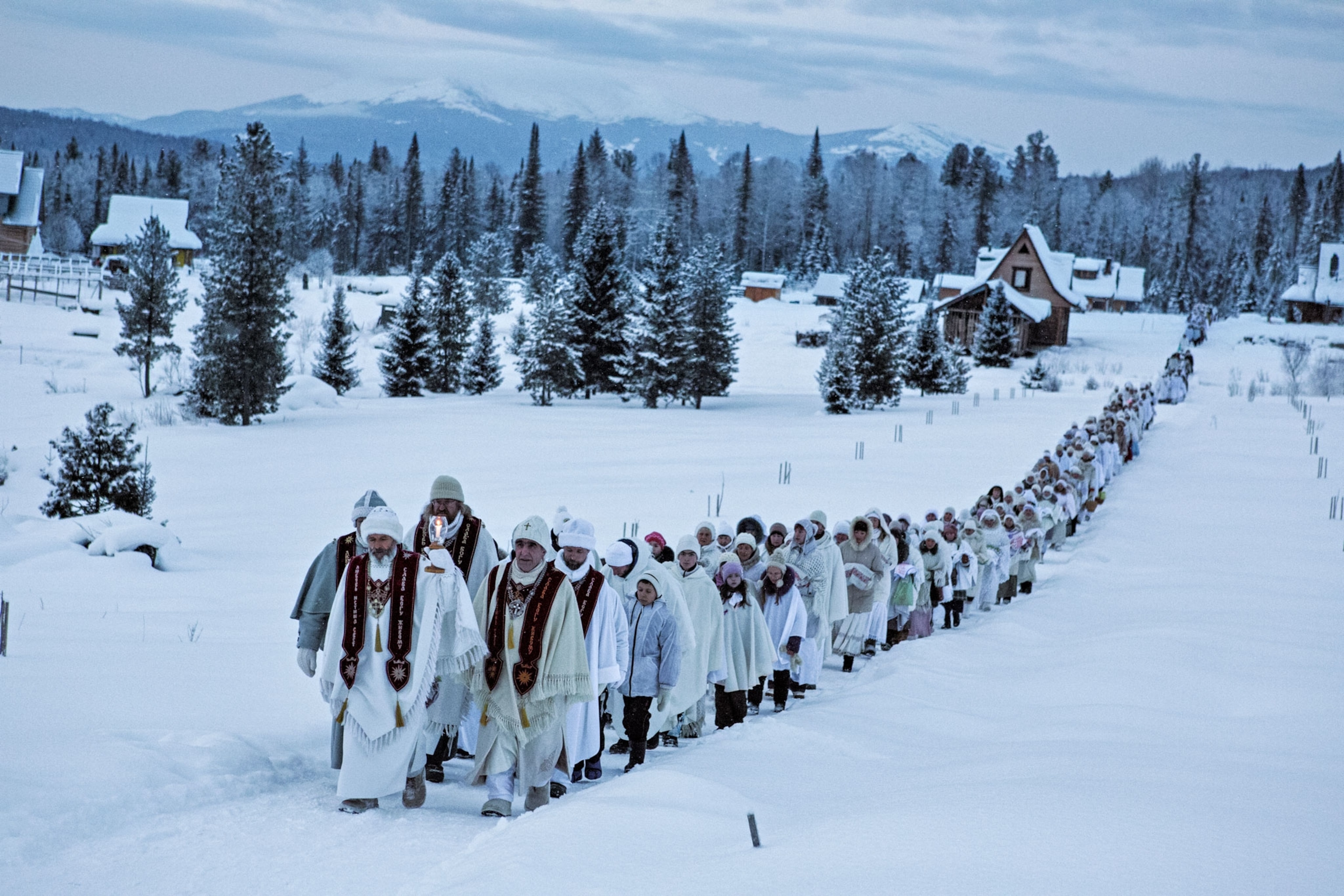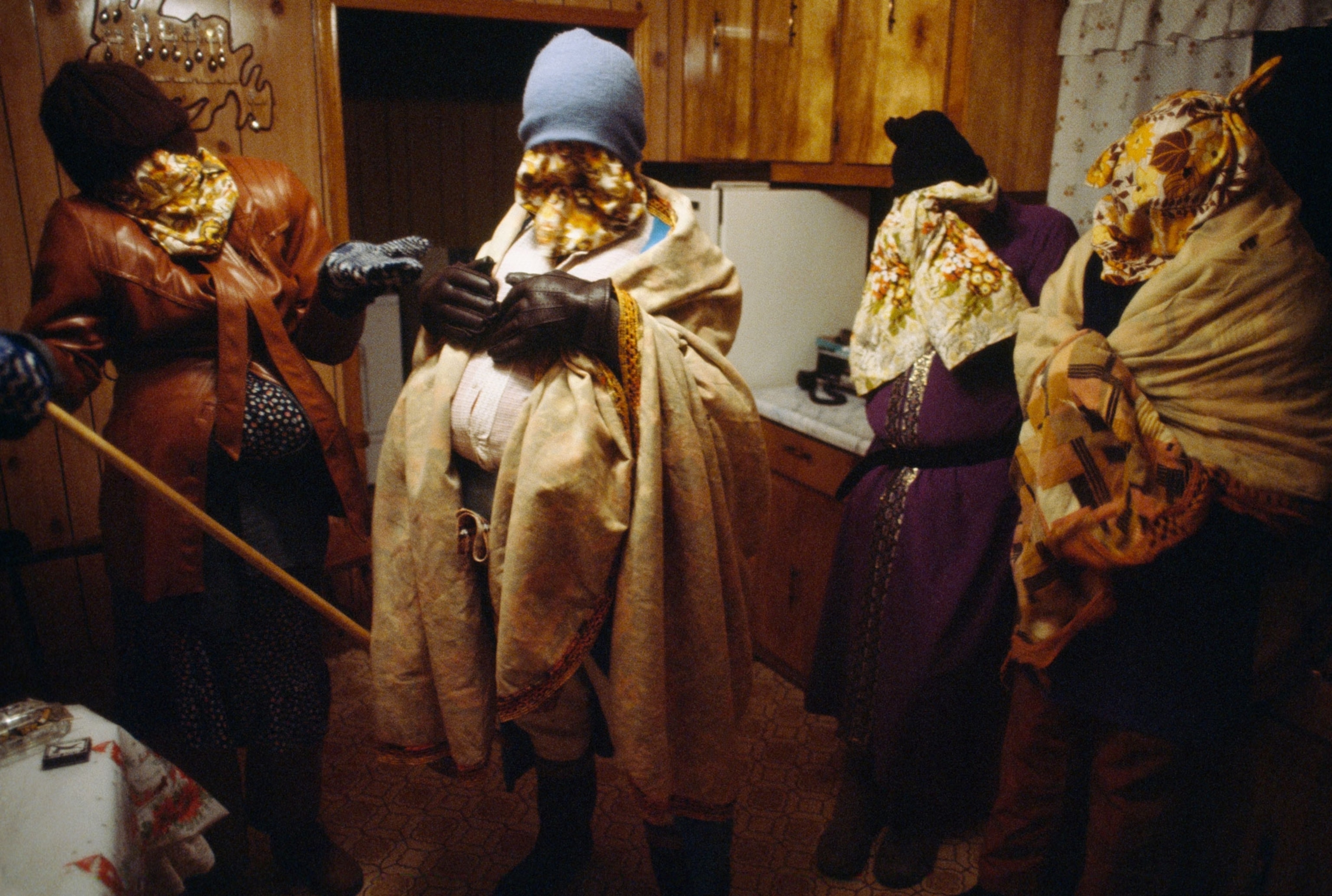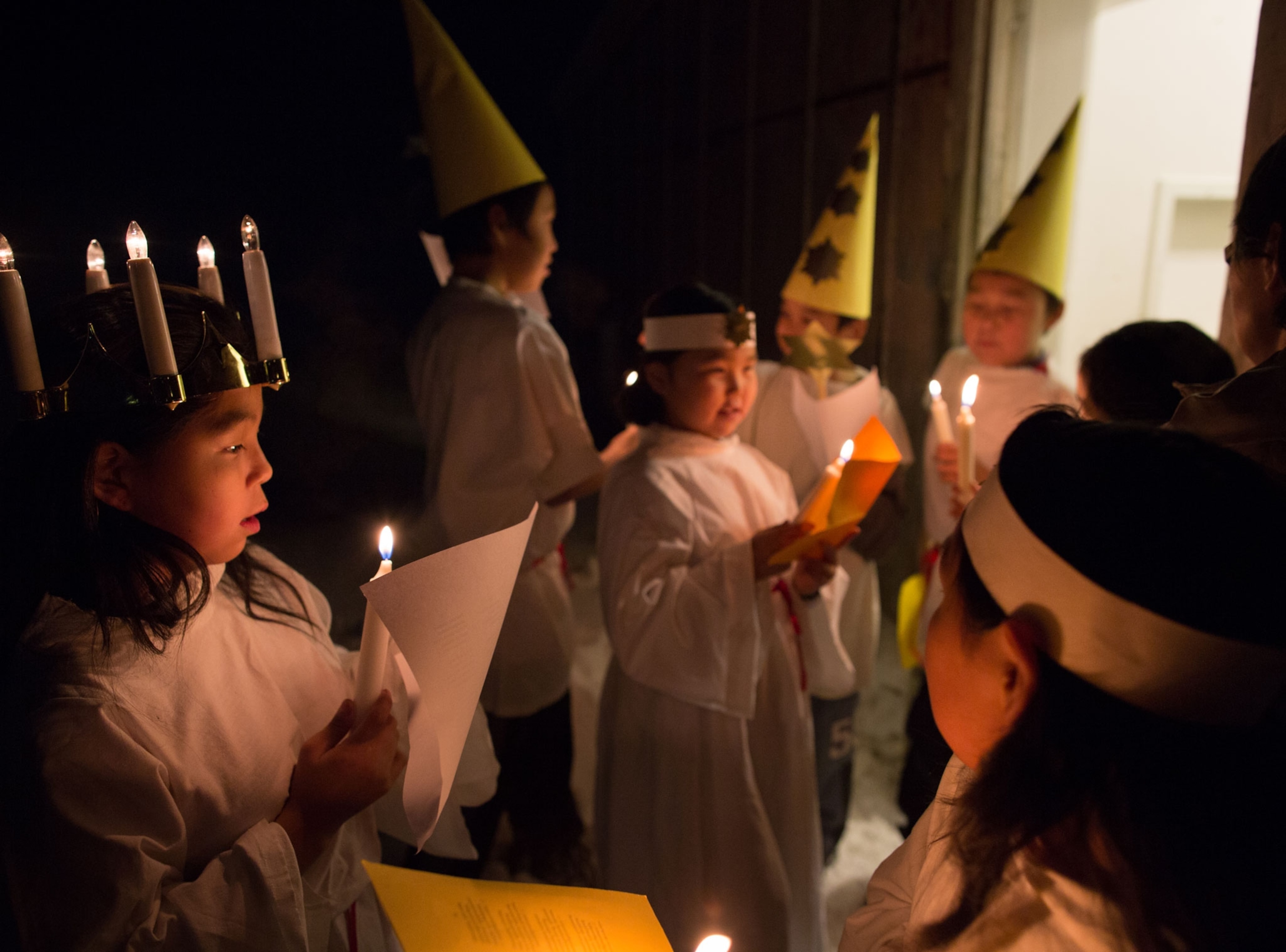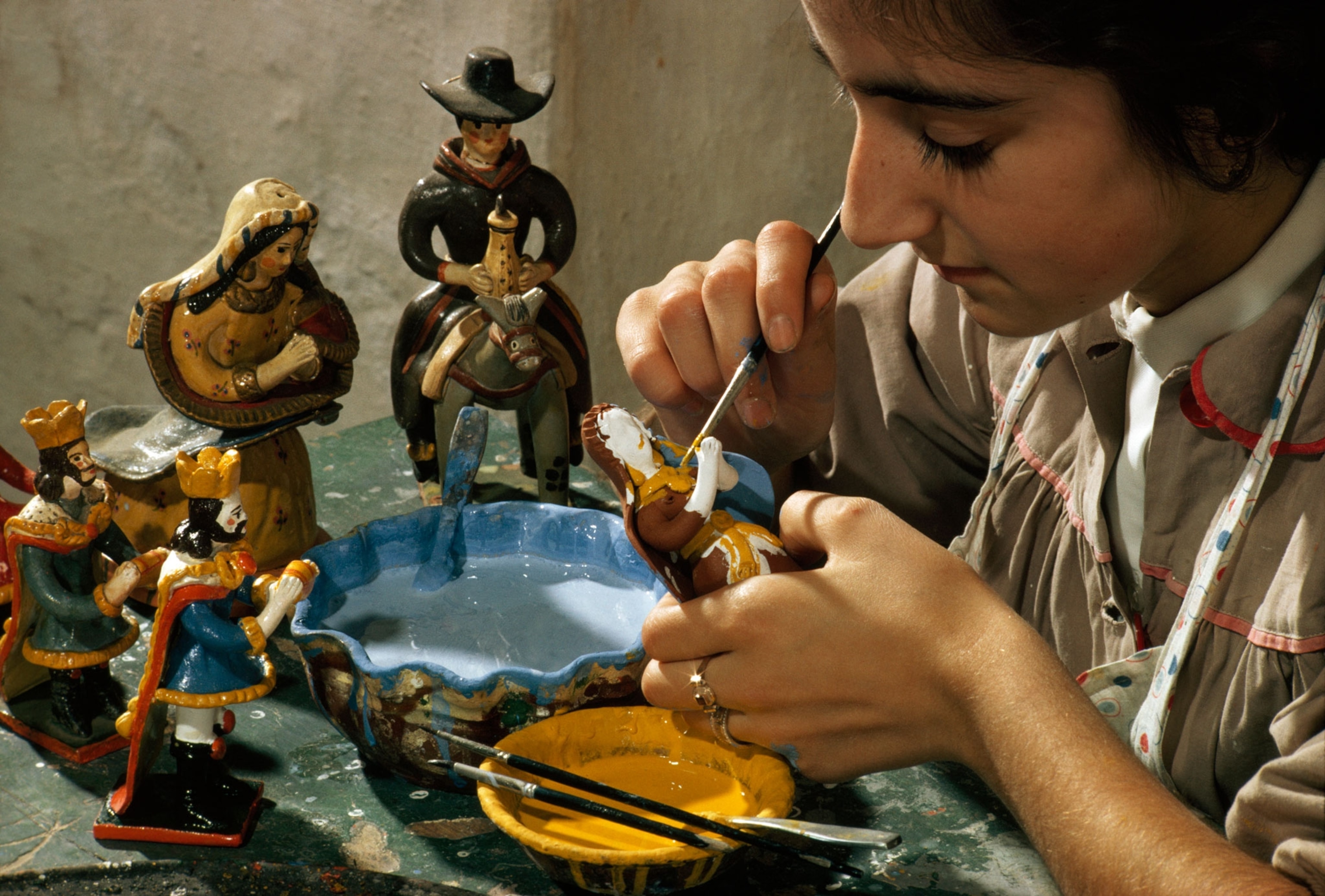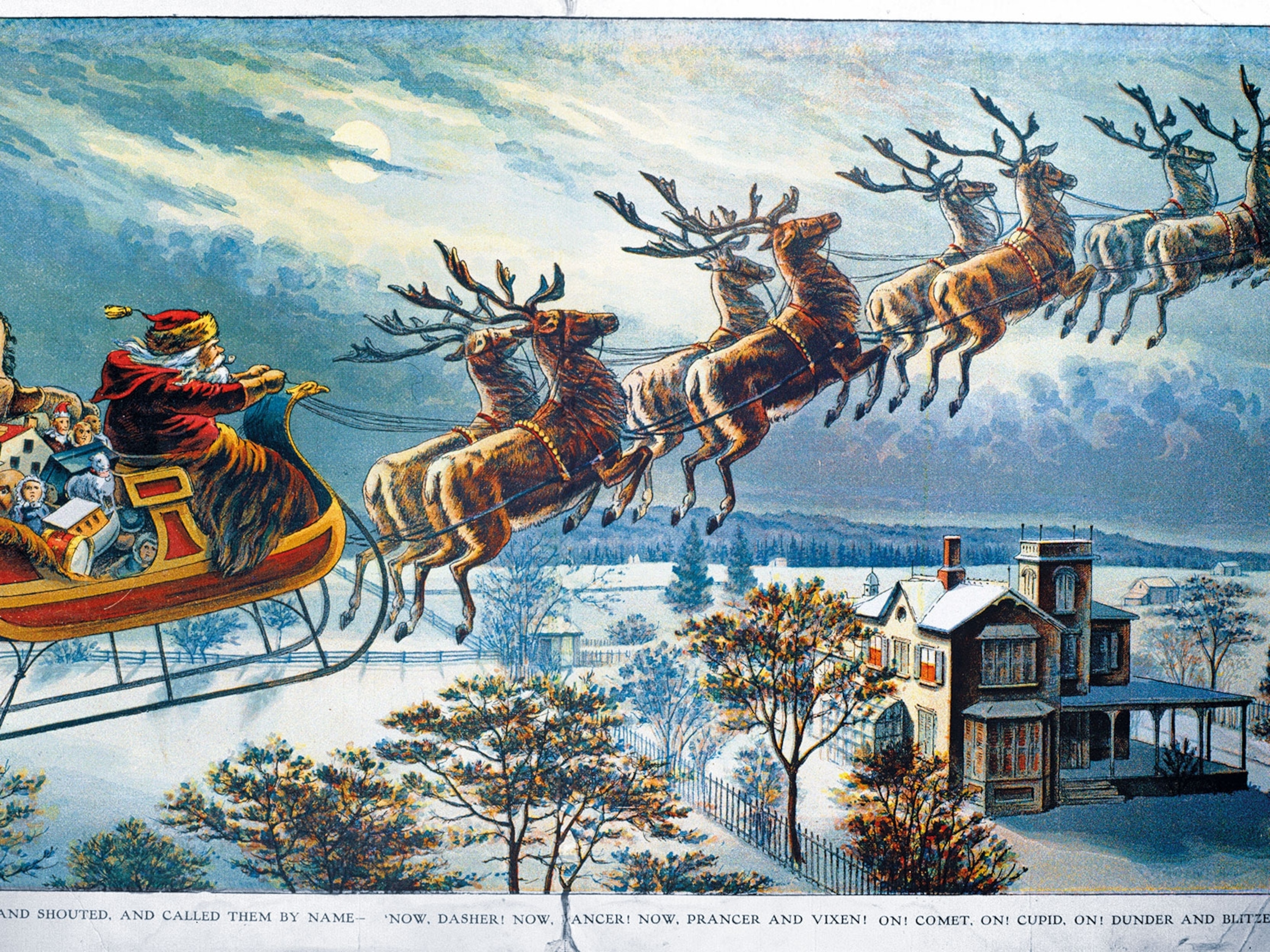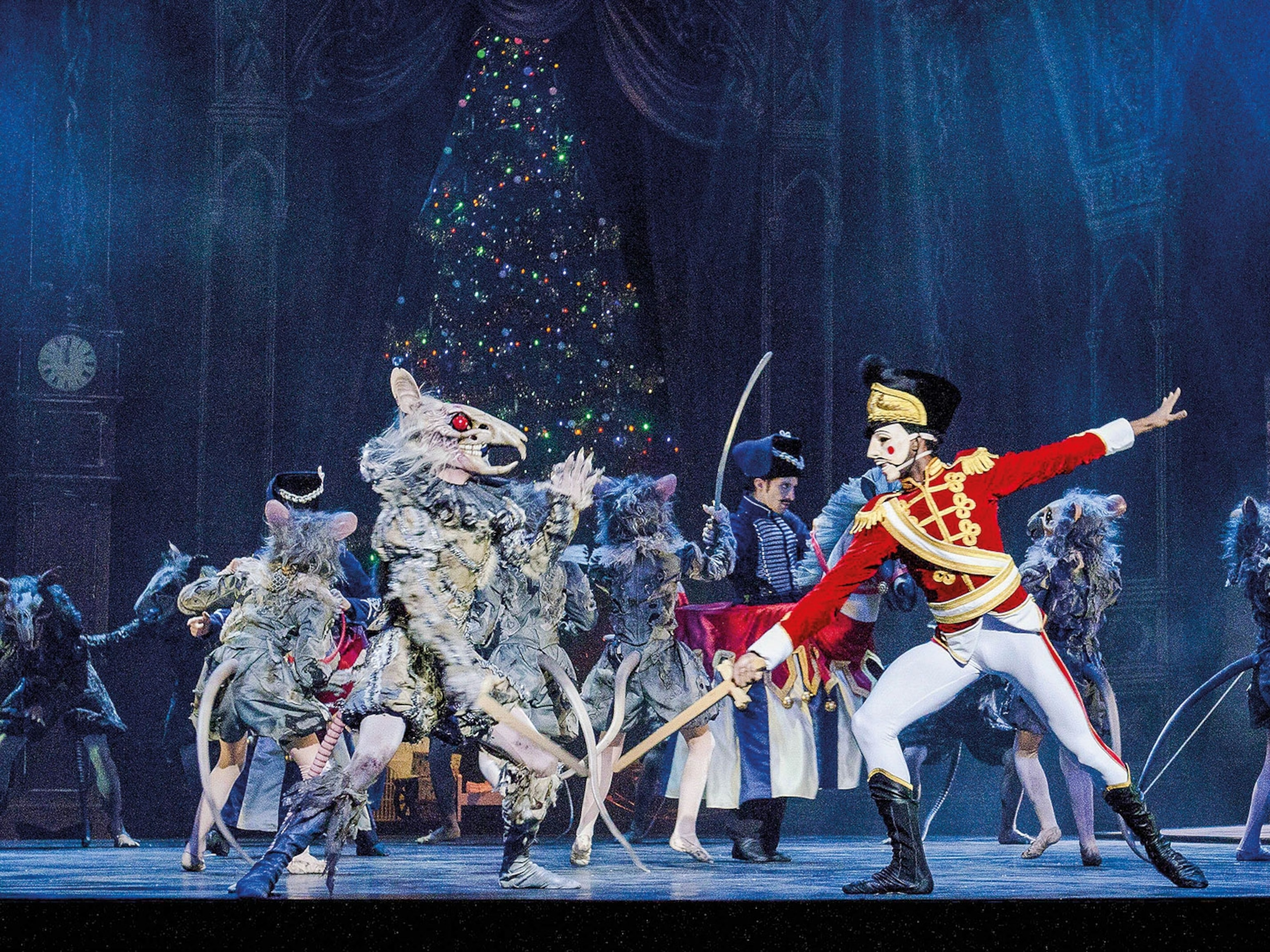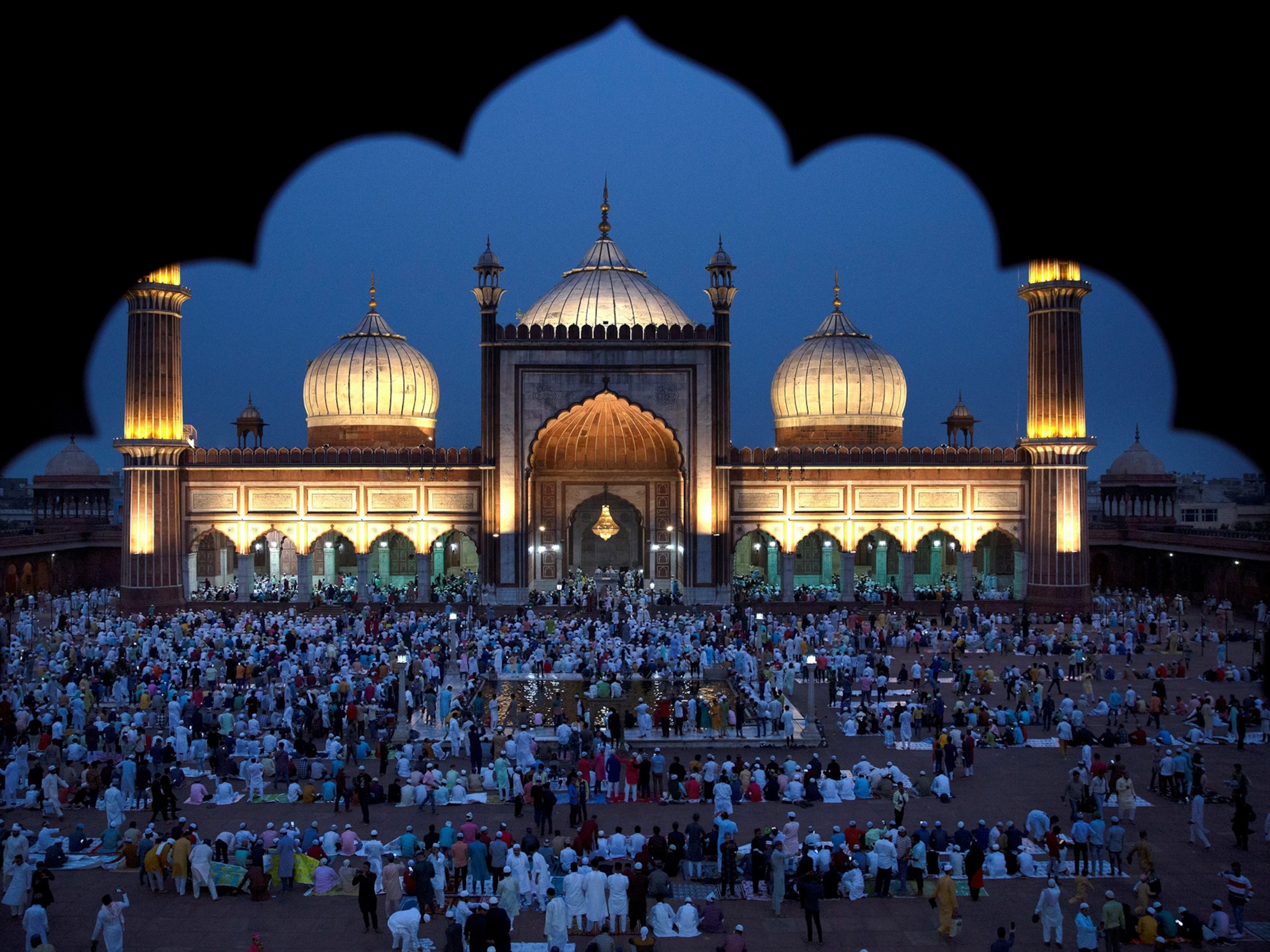How Christmas is celebrated around the world
From fish in the bathtub to a witchy version of Santa Claus, here are a few cultural spins on the global holiday.
It’s Christmas Eve and there’s an unexpected knock at the door. If you’re in the United States, it may be a gaggle of carolers who have come to serenade you. If you’re in Argentina, it might be neighbors arriving to exchange gifts and light fireworks. If you’re in Newfoundland, it could be friends disguised in costumes who perform comedy sketches until you can guess who they are.
Christmas, an annual holiday that commemorates the birth of Jesus Christ, is celebrated in unique ways in different countries, even those with few Christians. Secular celebrations of Christmas are commonplace around the world: India is less than three percent Christian, but Christmas is a national holiday. Only one percent of Japan's population is Christian, but Santa impersonators and holiday music still fill department stores. In the U.S., each person will spend more than $1,000 on the holiday, according to the National Retail Federation. (See the electric and eclectic ways Americans decorate for Christmas.)
Shaped by cultural norms, Christmas celebrations often have local flair. In Bethlehem, the birthplace of Jesus, Christians display nativity scenes and mark their doors with crosses. They fill churches on Christmas Eve to watch an annual procession. In Syria, children wait for presents from the youngest of the three wise men’s camels, not Santa. Italy also has its own version of the jolly fat man. Befana, the Italian witch, delivers presents to good children but kidnaps troublemakers for her hungry husband, according to legend. (Here's the surprising origins of Santa Claus.)
In every country, food takes center stage. In Ukraine, ambitious feasters enjoy a 12-course meal—one for every apostle. In Japan, it’s common for families to visit the American fast-food chain KFC for dinner. In Poland, carp featured during dinner are often kept in the family bathtub for days before its debut on a plate. Afterwards, it’s common for its scales to be kept for good luck.

